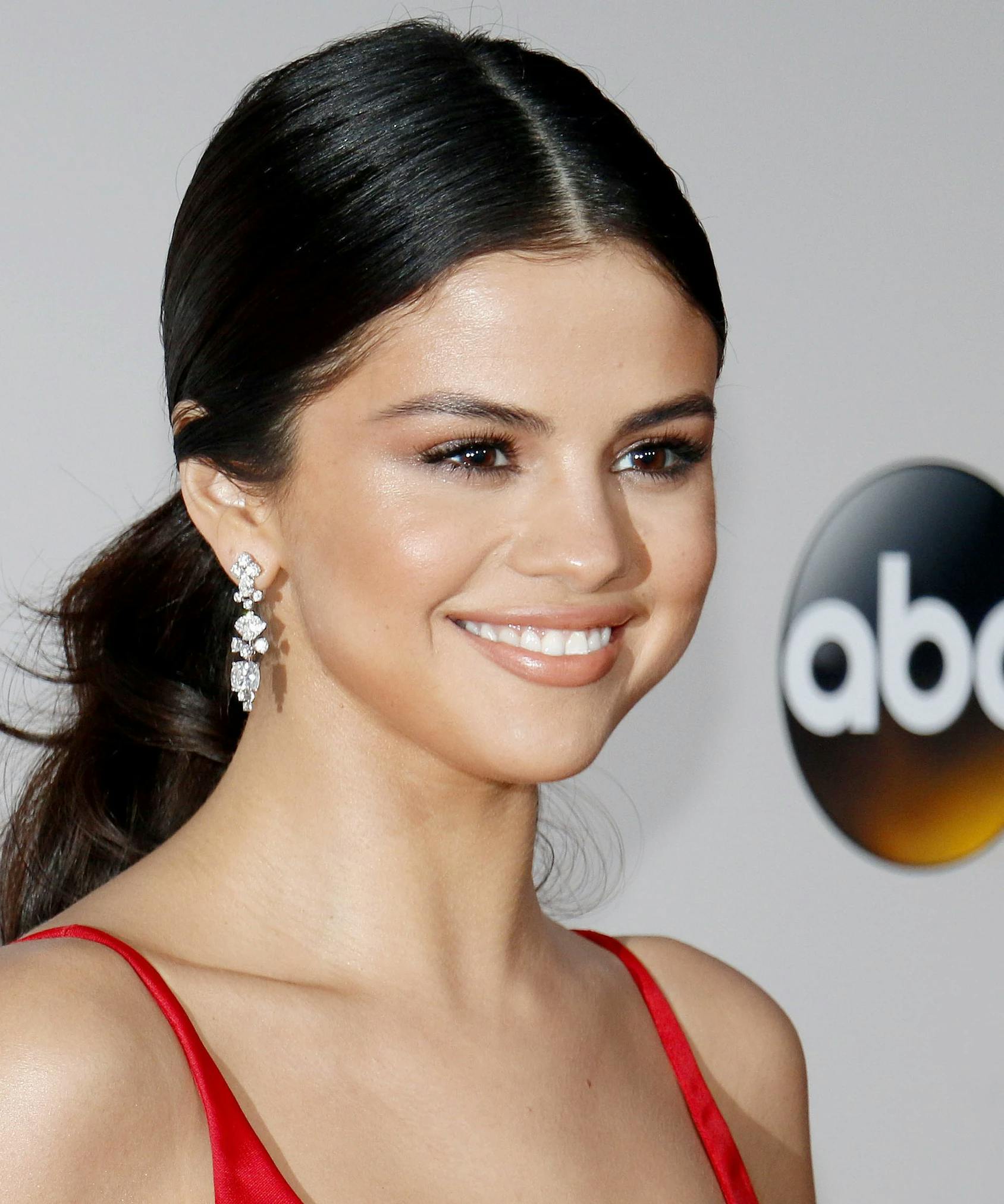Selena Gomez Isn't Going To Make 'Overly Sexual' Music Videos Anymore Because Of Her Little Sister
With the recent release of her new album Rare, which gives fans a marked departure from the sultry sexiness of previous songs, the chart-topper announced she will no longer make overtly sexual performances in her music videos.

Gomez’s previous album Revival, released in 2015, saw monumental success with hit singles like “Good For You,” “Same Old Love,” and perhaps the most notorious of the album, “Hands to Myself.” It was to this song's music video specifically that Gomez was referring when she told KIIS FM that she would no longer be making similar videos, as it wasn’t really “necessary.”

The video, which has been viewed on YouTube almost 400 million times, depicts Gomez in black Armani lingerie and stiletto heels, and at times, in handcuffs, as she breaks into the house of her crush. (What some called “appropriately seductive” and Gomez’s “raunchiest visual yet.”) But Gomez later revealed that the video was played at an event where her younger sister Gracie (age 6) was in attendance, making the singer understandably embarrassed.
Gomez revealed that the video was played at an event where her younger sister was in attendance, making the singer understandably embarrassed.
How Will It Affect Her New Album, Rare?
Gomez’s most recent album, which dropped in January, features successful singles like the popular “Lose You to Love Me” and is a noted contrast from the more utilized pop elements of the previous album. The tracks on Rare are said to be drawn from Gomez’s relationships and personal life but leaves fans wondering what kind of visuals the various tracks will be paired with in the wake of this new take on visual performance and production.
What This Means for Business
The “Hands to Myself” video is not a standalone performance within its genre, nor is it on par with say, Britney Spears’s “Womanizer” which continues to draw criticism (and is one of YouTube’s most-viewed music videos). Gomez’s comments on such a successful and validated trend throughout the industry are interesting within the context of a post #MeToo discussion, where the argument on objectification vs. empowerment is ongoing.
Gomez is not the first within the industry to publicize discomfort with the overt expression of sexuality the industry often demands.
However, Gomez is not the first within the industry to publicize discomfort with the overt expression of sexuality the industry often demands. Popular singer-songwriter Billie Eilish has notably revealed on past occasions that she wears clothing that’s too big for her so as not to draw attention or criticism to her body, avoiding the too-sexy/not-sexy-enough debate altogether.
Closing Thoughts
Whether or not Gomez’s feelings on sexuality in her music videos go deeper than her now deeming it unnecessary to put on such performances has yet to be revealed. While several videos for tracks from Rare are forthcoming, “Lose You to Love Me,” released in October, gives fans a glimpse into Gomez’s different artistic vision for this new album - one that knows it can successfully rely on sultriness if it wanted to, but no longer feels the need.